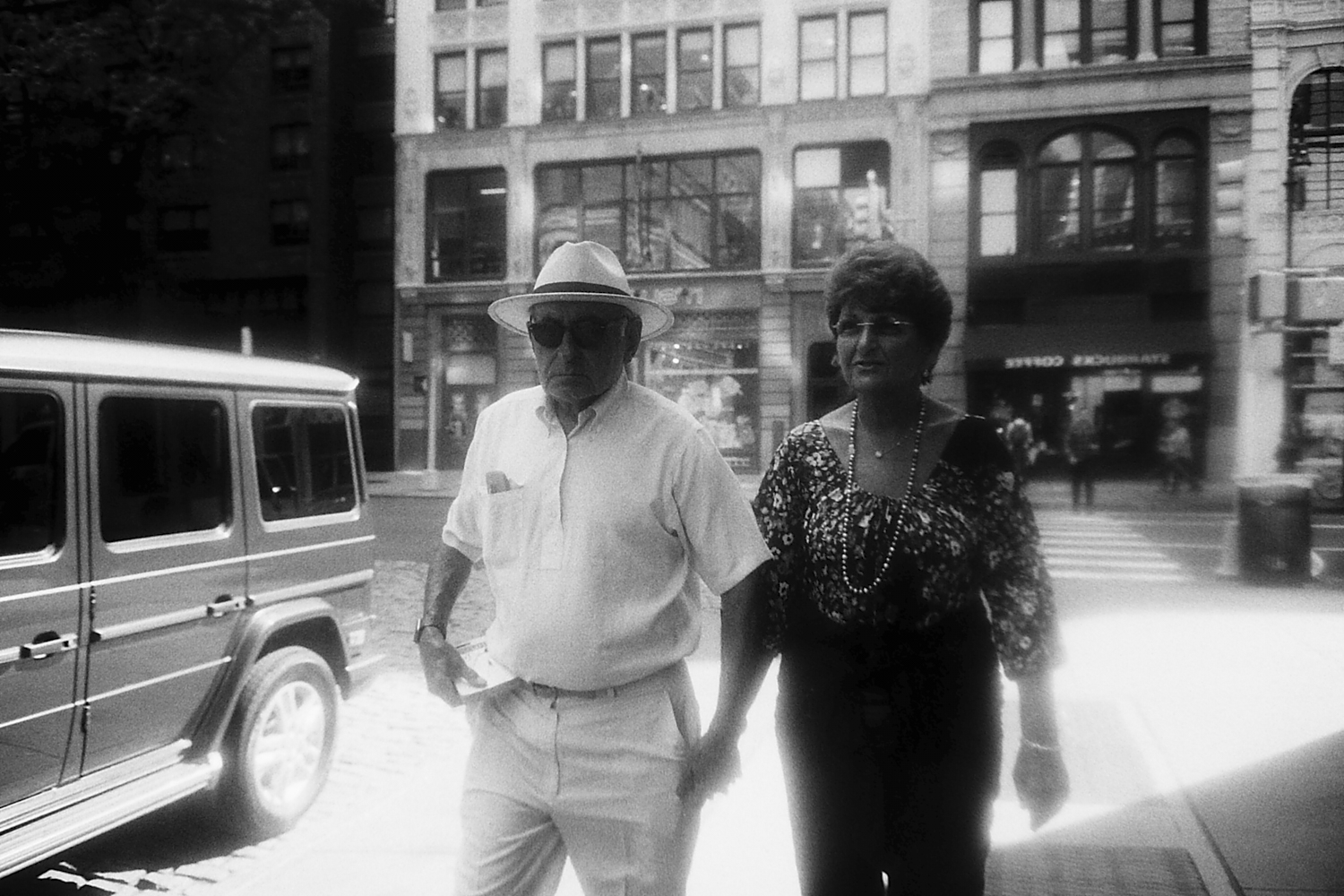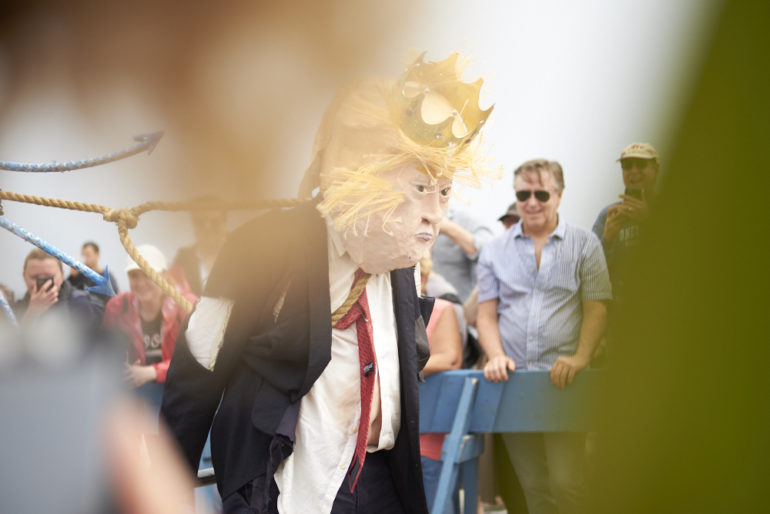Last Updated on 10/01/2020 by Chris Gampat
I’ve come across images from street photographers on social media that have genuinely made me question the format.
I think the love affair with street photography and everything about it is fantastic when the photographer has good intent when putting the camera to their eye and capturing a moment. I think anything and everything else isn’t acceptable. The idea of empathy for your subjects should be expanded to what the long term effects of the image may have on a person. To that end one should think about whether hurting someone else’s reputation is worth Reddit Karma, Instagram likes, etc. But unfortunately, even though there are loads of tutorials online about street photography, there isn’t a single tutorial on ethics or how to have empathy for others. For far too long, the community has pretty much mandated common sense.
Why?
Why is it that photographers don’t sit there speaking about ethics? There is so much talk about it in the world of portraiture, but when it comes to street photography I think the world bickers about stupid things like whether or not something is coming out of a subject’s head or whether or not they should be cropping. These conversations distract from more obvious things. I think images of someone puking their heart out aren’t exactly ethical. I believe taking photos of drunken women in party dresses falling down, though beautiful, takes advantage of a situation. Why? Arguably, they’re not making a conscious decision. A couple sharing a kiss in public? They’re consciously making that decision to do it in public–where the eyes of the public are watching them. That’s fair game. But the images of the other folks? If they make it big online, I think there could be repercussions for the person based on how social media works–especially if they’re currently looking for employment. Obviously, they’re not going to share moments of them at their worst, and I don’t think that we should either.


Taking a photo of people passing by a homeless person? You’re not showing that people don’t care about the homeless; you’re taking advantage of a situation.
But then there are bigger issues. Why take photos of pretty women in public just because they’re pretty? To call it a street portrait? Why not interact with them and ask them? Why look at that image later on because you’re attracted to the person? These are intentions that I feel that photographers need to check themselves on in the same way that we tend to check ourselves when taking photos of children. Most street photographers will stay away from photographing children because they don’t want to be labelled a pedophile. But why can’t we feel that way about taking photos of consenting adults?

Does this mean that you need to ask everyone for permission every time you shoot? No. That robs street photography of its candid nature. But I think that each and every photographer needs to check their intentions. And to that end, I’m coming up with a list of questions to ask yourself:
- Who are you?
- Why are you shooting street?
- No really, why are you shooting street?
- How much do you genuinely care about internet fame?
- What’s your end game and intention with street photography?
- If you don’t have one, why don’t you have one?
- When and where do you tend to shoot?
- Why do you pick those locations?
- Who are you about to shoot?
- Why are you about to photograph them?
More often than not, I think the “shoot now ask questions later” philosophy is null and only breeds recklessness.



